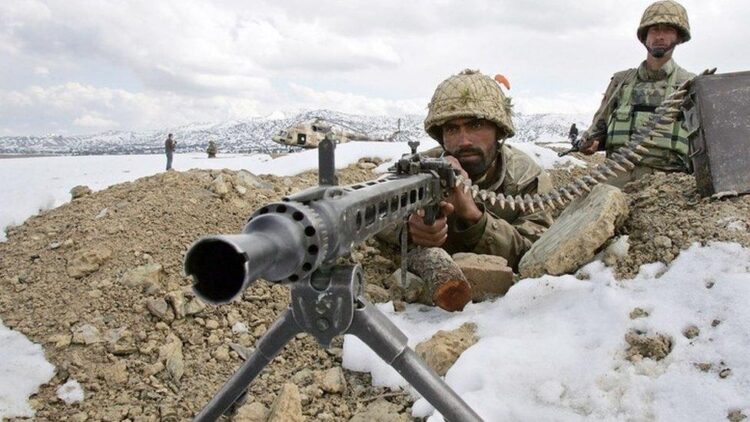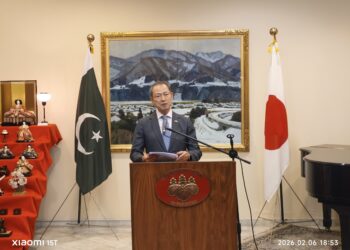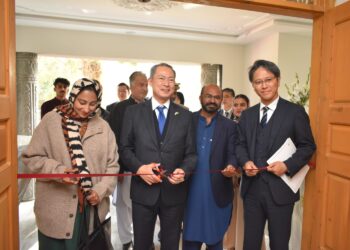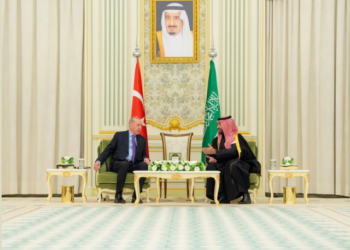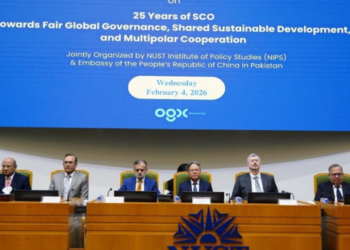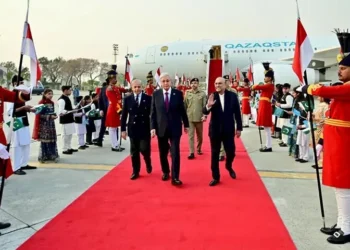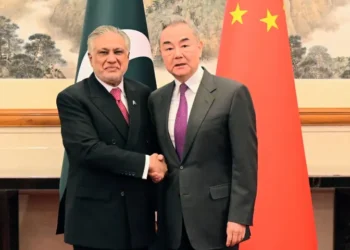By Sohail Iqbal
ISLAMABAD; Pakistan has made its position clear to the Afghan Taliban during high-level negotiations in Istanbul, asserting that Islamabad will not tolerate any support or shelter extended to terrorist groups, security sources said on Sunday.
According to sources, the Pakistani delegation informed the Taliban that only “concrete and verifiable” steps against terrorism could restore trust and stability. Islamabad dismissed the Taliban’s explanations as “illogical” and “detached from ground realities.”
Taliban’s Different Agenda
Sources said Pakistan believes the Taliban are “pursuing a different agenda” that undermines stability in Afghanistan, Pakistan, and the broader region. Future progress in the dialogue, they noted, would depend on a “constructive and meaningful” response from the Taliban.
Talks continued on Sunday, focusing on ways to curb terrorist activities originating from Afghan soil and to make verification and monitoring mechanisms more effective.
Pakistan Rejects Relocation Proposal for TTP
Diplomatic sources revealed that earlier in the negotiations, the Taliban had proposed relocating members of the banned Tehreek-e-Taliban Pakistan (TTP) to other areas — a suggestion firmly rejected by Islamabad.
Pakistan demanded decisive action against TTP and urged the Taliban to fulfil commitments made to the international community. Islamabad reiterated that Afghan territory must not be used by Fitna Al Khawarij and Fitna Al Hindustan terrorists to attack Pakistan.
Pakistan Warns of No Flexibility
The Pakistani delegation emphasised the need for a strong and transparent counterterrorism mechanism. Officials warned that if Pakistan’s concerns were not adequately addressed, “no flexibility” would be shown.
While reaffirming its commitment to peaceful and brotherly relations, Pakistan made it clear that it reserves the right to take “all necessary measures” to safeguard national security.
Mediated Talks Hosted by Türkiye
The Pakistani delegation included senior officials from the military, intelligence, and foreign ministries, while the Taliban side was led by Afghanistan’s Deputy Interior Minister Rahmatullah Mujib.
Both delegations exchanged proposals under the mediation of Türkiye and Qatar, following up on the first round of talks held in Doha, which resulted in a temporary ceasefire agreement.
Defence Minister Khawaja Asif Warns of ‘Open Conflict’
In a separate statement in Sialkot, Defence Minister Khawaja Asif said Pakistan was “fully prepared for open conflict” if the negotiations failed. He noted that the Afghan representatives in the talks “were raised in Pakistan,” and that Islamabad — after four decades of hosting Afghan refugees — would no longer allow entry without visas.
Asif further accused India of “using Afghan territory to wage a proxy war” against Pakistan, warning that the country would go to any length to defend its sovereignty.
A Critical Juncture in Bilateral Ties
Observers say the Istanbul dialogue marks a pivotal moment in Pakistan-Afghanistan relations. While diplomatic efforts continue to restore calm and counter terrorism, failure to reach consensus could trigger renewed regional tensions.




















































